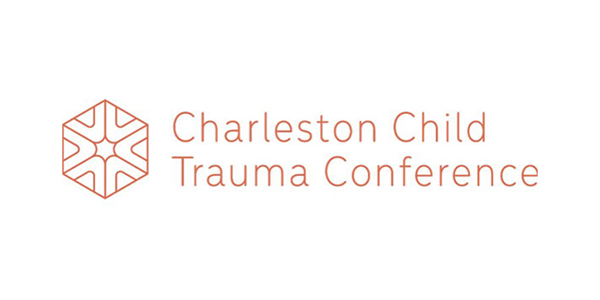Multidisciplinary Team
At the very center of the work we do is the Multidisciplinary Team (MDT). The MDT is a group of professionals from specific, distinct disciplines that work together from the point of report and throughout a child and family’s involvement with the CAC. A functioning and collaborative MDT is the foundation of an effective response to child abuse. The MDT approach allows for a coordinated response to allegations of abuse; it operates under a protocol that streamlines investigative activities and reduces duplication of support services, causing the least amount of adverse impact on the child and family. The member agencies of the MDT at Dee Norton are united in a collaborative effort to respond with the recognition that no one agency by itself could assure the protection and wellbeing of children. By sharing our resources and expertise we are better equipped to deliver an effective, comprehensive response to children and families.
Child Abuse School Liasion
Children spend the majority of their days in school, and educators–as mandated reporters of child abuse–often find themselves in a situation that requires a report to be made. The Dee Norton Child Advocacy Center’s Child Abuse School Liaison (CASL) Program is designed to support school personnel in identifying and appropriate reporting of suspected child abuse. The Child Abuse School Liaison works directly with school administrators, guidance counselors, and teachers to provide training on mandated reporting responsibilities and the impact of trauma on children and families, and is also available to school personnel when specific case consultation is needed.
Identifying, Responding & Reporting Allegations of Child Abuse
Educators and child care providers spend up to 8 hours a day with children, sometimes more time than the children spend with any other adults in their life. These professionals are in a unique position to identify signs of abuse and neglect that no one else may see. This training provides school professionals with knowledge in how to respond appropriately to a child who is believed to be a victim of abuse and/or neglect, and to know in which circumstances mandated reporting is required by law. The curriculum also provides information about how to report to child protective services and/or law enforcement.
Trauma-Informed Educators
The majority of children will experience a potentially traumatic event in childhood, such as natural disasters or the loss of loved ones or a serious accident; however, the most common form of child trauma is child abuse and neglect. Without intervention, child traumatic stress can sometimes have lasting negative consequences for the child, the family, and the community. This training provides essential knowledge for education professionals to be able to recognize the impact trauma exposure has on children, especially concerning classroom behavior and academics. With increased understanding, educators can make accommodations for students, when needed within the classroom, and help connect the child and family to resources in the community.
For more information or to schedule a training, contact the Dee Norton Child Abuse School Liaison.
Trainings
As a Children’s Advocacy Center, Dee Norton works regularly with Multidisciplinary Team (MDT) partners from agencies in the community—including medical, legal, law enforcement, educators, social services, guardians ad litem, and mental health—to take appropriate action as quickly as possible. We coordinate and provide cross-training opportunities with our MDT community partners to enhance our collaborative response with children and their families. Training topics are developed in collaboration with and to meet the identified needs of the MDT. Team members with recommendations for future MDT trainings should contact the Dee Norton Child Advocacy Center’s MDT Coordinator.






